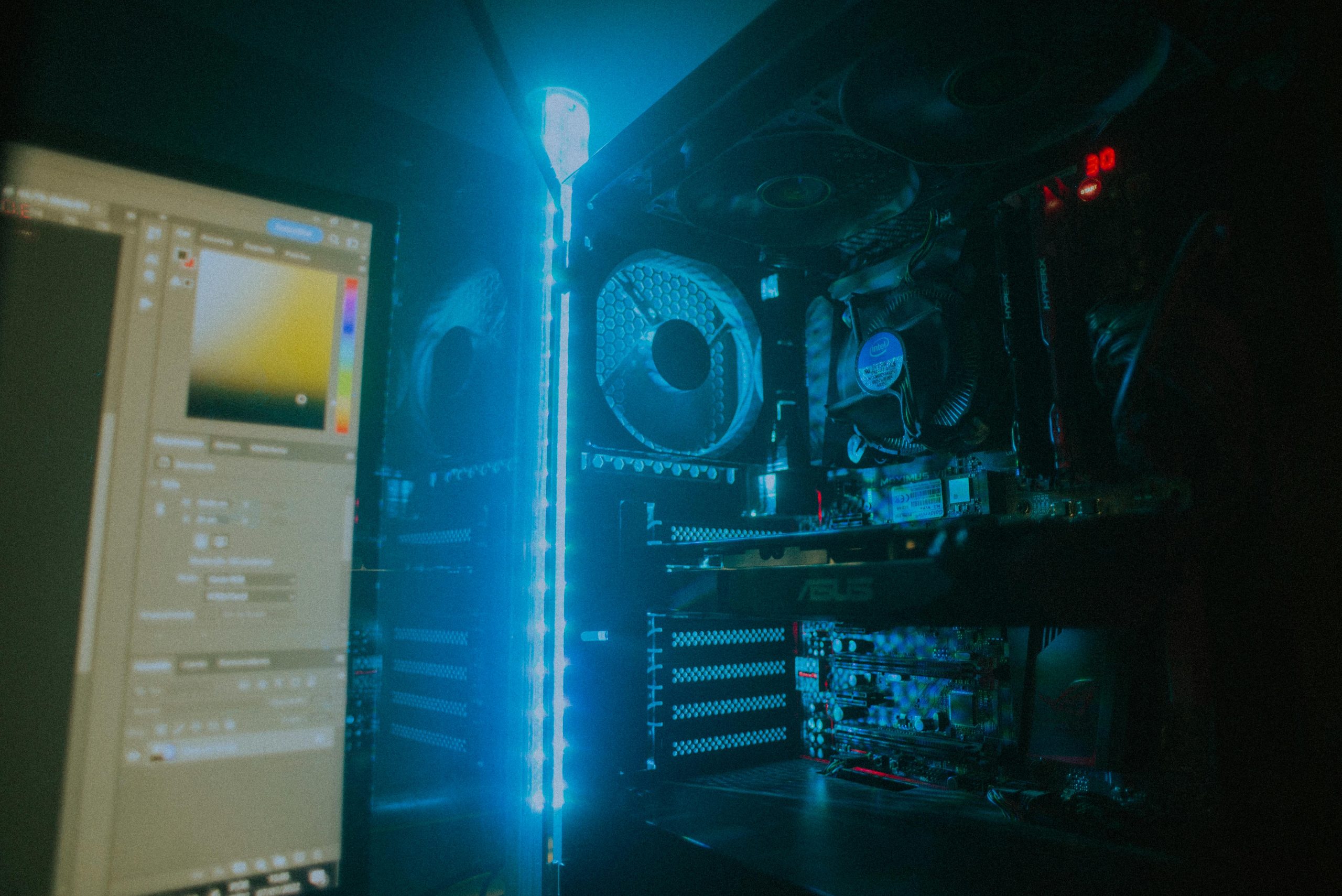Understanding and Troubleshooting Slow Restart Delays on an ASUS B650-A Motherboard with Windows 11
In recent weeks, some users have encountered a perplexing issue where their computer experiences significantly prolonged restart times, despite smooth cold boots. Specifically, the system boots swiftly during a cold startup, but when restarting Windows, it hangs on the ASUS ROG Strix splash screen with a spinning cursor, resulting in a delay that can extend up to five minutes. This blog post discusses the nature of this problem, potential causes, and troubleshooting steps to resolve it.
Problem Overview
The core issue involves a disparity between cold boot and restart performance. During a cold boot, the system completes the startup process in approximately 12-15 seconds. However, initiating a restart from within Windows results in the system loading past the BIOS and then freezing at the ASUS splash screen, with the spinning cursor indicating a hang event. This delayed restart consistently occurs, making it a recurring inconvenience.
System Specifications
- Processor: AMD Ryzen 7 7800X3D
- Motherboard: ASUS ROG Strix B650-A (latest BIOS version)
- Memory: 64 GB G.Skill Flare X5 (2×32 GB modules)
- Operating System: Windows 11
Troubleshooting and Configuration Adjustments
- BIOS Settings Configuration
The user has already enabled specific BIOS options aimed at optimizing startup behavior: - Memory Context Restore
- Power Down Enable
Both settings are intended to improve memory initialization and power management. Additionally, the user has experimented with different EXPO (Extended Profiles for Overclocking) settings and disabled legacy USB support, as well as disconnected all USB devices to rule out external hardware interference.
-
Windows Power Settings
Adjustments made include toggling Fast Boot options within Windows Power Settings, as well as updating Windows, BIOS firmware, and drivers to ensure all components and software are current. Restoring default Windows power plans was also performed, along with running memory diagnostics (MemTest86) to rule out RAM issues—all of which yielded no hardware problems. -
Observations and Additional Context
While memory training and related BIOS features often pose issues around memory stability, the problem described is distinct, manifesting specifically during system restart rather than boot time. This suggests the root cause may involve deeper interactions within the motherboard firmware or hardware initialization processes during warm restarts.
Potential Causes and Next Steps
- BIOS Compatibility and Firmware Updates
Ensuring the BIOS is fully updated is crucial, as
Share this content:



